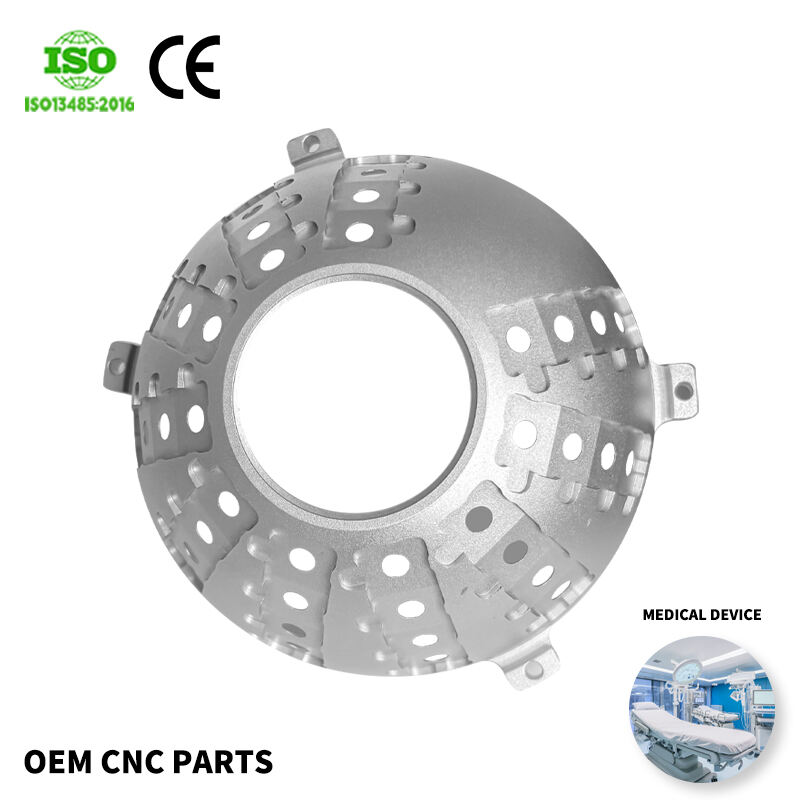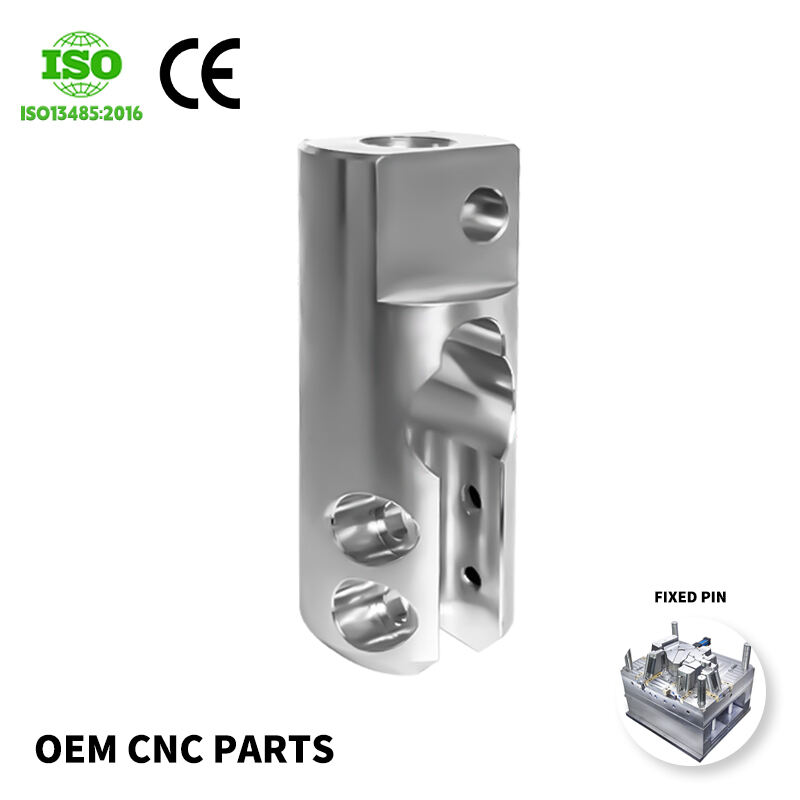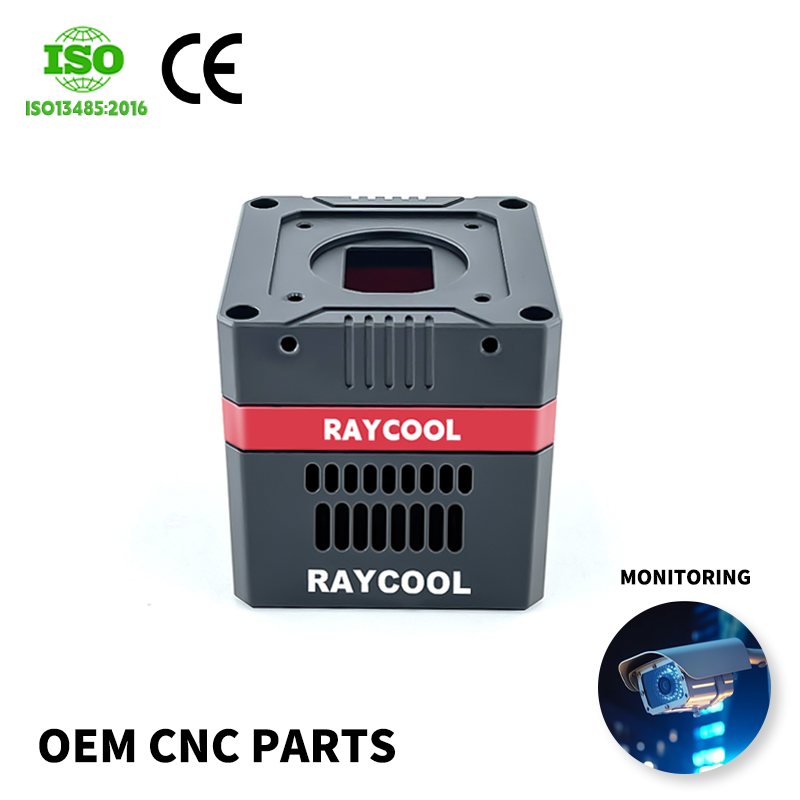machining mechanical engineering
Machining mechanical engineering represents a fundamental cornerstone of modern manufacturing, encompassing various processes that shape and form materials into precise components. This specialized field combines traditional machining techniques with advanced technology to create high-precision parts for diverse industrial applications. At its core, machining mechanical engineering involves the use of cutting tools to remove material from a workpiece, transforming raw materials into finished products with exact specifications. The field incorporates various processes including turning, milling, drilling, grinding, and increasingly, Computer Numerical Control (CNC) operations. These processes are essential in producing components for industries ranging from aerospace and automotive to medical devices and consumer electronics. Modern machining mechanical engineering utilizes sophisticated computer-aided design (CAD) and computer-aided manufacturing (CAM) systems, enabling engineers to create complex geometries with unprecedented accuracy. The field also emphasizes quality control through advanced measurement techniques and process optimization, ensuring consistent product quality and efficiency in manufacturing operations. This discipline continues to evolve with the integration of smart manufacturing concepts, automation, and sustainable practices, making it an indispensable part of Industry 4.0.



